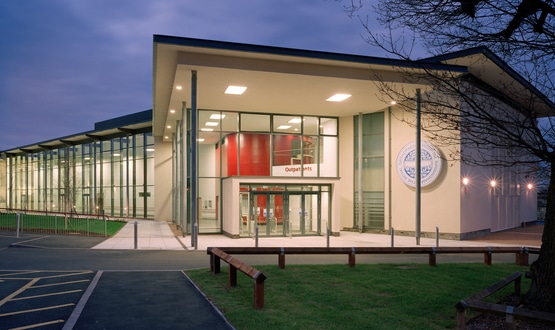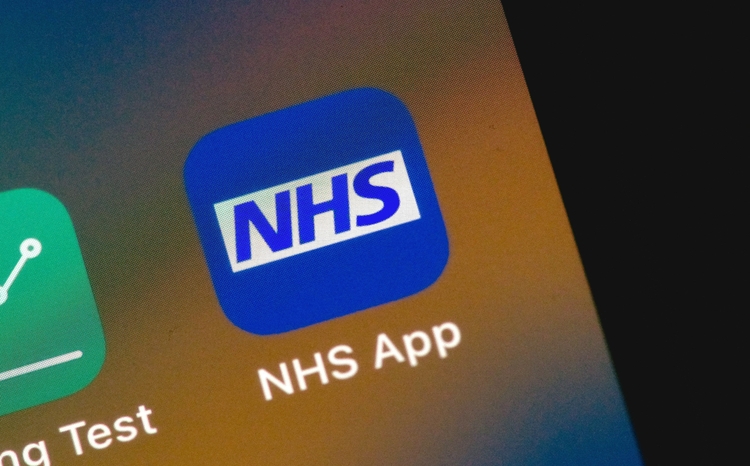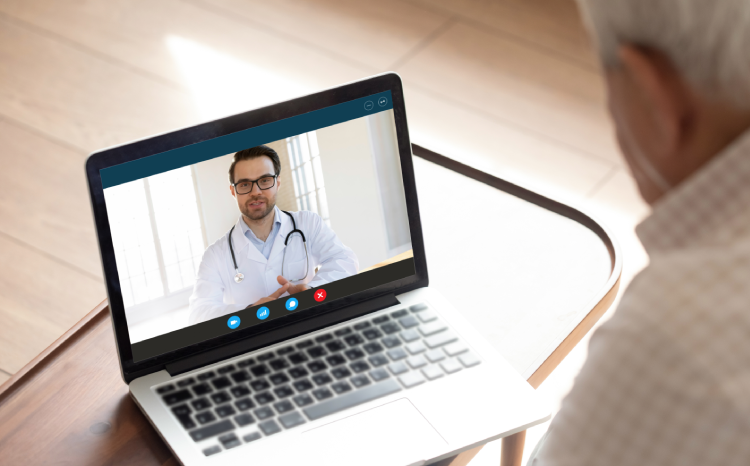Royal Orthopaedic Hospital NHS FT digitisation shows no sign of slowing
- 13 February 2024

The Royal Orthopaedic Hospital NHS Foundation Trust has embarked on a number of impactful digital initiatives in recent years, with more bold plans underway. Head of digital transformation at the trust, Gavin Newman, speaks exclusively to Digital Health News about some of its key digital initiatives, challenges in digitising and goals for the future.
A key partnership for the trust is with the UK’s leading patient engagement platform, DrDoctor. Back in 2019, work linking up all of the trust’s outpatient appointment messages began with use of DrDoctor’s platform, which “brought the DNA rate down drastically within a couple of weeks of turning that on,” Newman said. All outpatient letters from the trust now go electronically, where possible, via the DrDoctor portal.
Newman confirmed that in 2023 the trust had advanced again, becoming the first specialist acute trust to link in with the Wayfinder project, which involves connecting to the NHS App, something those at the trust are “quite proud of”.
He added: “It was really key to the way that things are being pushed at the moment, to get your patient facing applications linked in to the NHS App where possible, so that there’s a single front door into their particular care.”
Other digital initiatives Newman highlighted included digitising pre-op. Prior to this, patients would come in and have to fill in a big booklet about their current status, what drugs and medication they were taking and their health history.
“We digitised that pathway,” Newman explained. “We brought a solution in that allowed them to complete that electronically and the data then populates a portal where our clinicians and healthcare staff can view the results so any omissions or anything that’s missing can be followed up. It saves time for the patient so that’s been a big initiative.”
The trust also linked up all its data to the Birmingham and Solihull Shared Care Record. It is feeding data into it but not yet consuming the data, with Newman confirming that the trust is due to go live with its access to the SCR later this month.
Newman added that the trust is “in a headspace of continuous improvement” where “we deliver things and then we sit back and observe, see the benefits and then we redesign or redevelop again and improve it further”.
Digital transformation obstacles
The Royal Orthopaedic Hospital’s head of digital transformation noted that “digital transformation has become somewhat of a buzzword” in the last couple of years, but with the introduction of lots of new technology, “the biggest challenge is remembering that it’s all about getting the basics right”.
“We can’t take our eyes off the fact that we need to make things easier for our clinicians and our patients,” Newman said. “I think we’ve got to keep track of the fact that we’ve got to keep the lights on, we’ve got to give good infrastructure, good Wi-Fi, good connection, good devices for people to work on and good communication to our patients to access our services.”
“I think that’s where the struggles will lie, in weighing up the requirements of the new and shiny things against the keeping the lights on,” he added.
Newman also shined a light on current workforce challenges within the NHS and the need to recruit and train more digital health experts. “We’ve got great skill set but are there enough trained, skilled, digital and technical experts available at the moment? No, and the demand far outstrips capacity,” he said.
“I think this is across all NHS trusts, I don’t think I’m speaking for just ours. It is a fact of the matter that we’re still awaiting a digital workforce plan in terms of how we’re going to cope with the move to digital that’s expected of us, and it is going to be a challenge for our trust. We’ve got really good intentions and the people that we have are amazing, I just wish we had more of them,” Newman admitted.
The dream of the future
As one of the key figures in driving digital change at The Royal Orthopaedic Hospital NHS Foundation Trust, Newman told Digital Health News that “the dream of the future would be to have a single source of truth in a system from the first referral through to discharge and through to follow-up care”.
Having a “single source of truth of patient data” which can be accessed no matter what your role is from one login rather than disparate systems would be hugely impactful for the trust according to Newman.
“I think convergence really applies with us in terms of it would be great if our clinicians can just log into one system, it would be a game changer and an EPR would provide that for us,” he said.
Newman concluded: “I’m confident and I’m excited for the future about where we could go because the art of the possible looks amazing for our trust. We already excel at care and to get a system that only enhances that would raise us up another level. But we’re already brilliant and great at what we do.”




